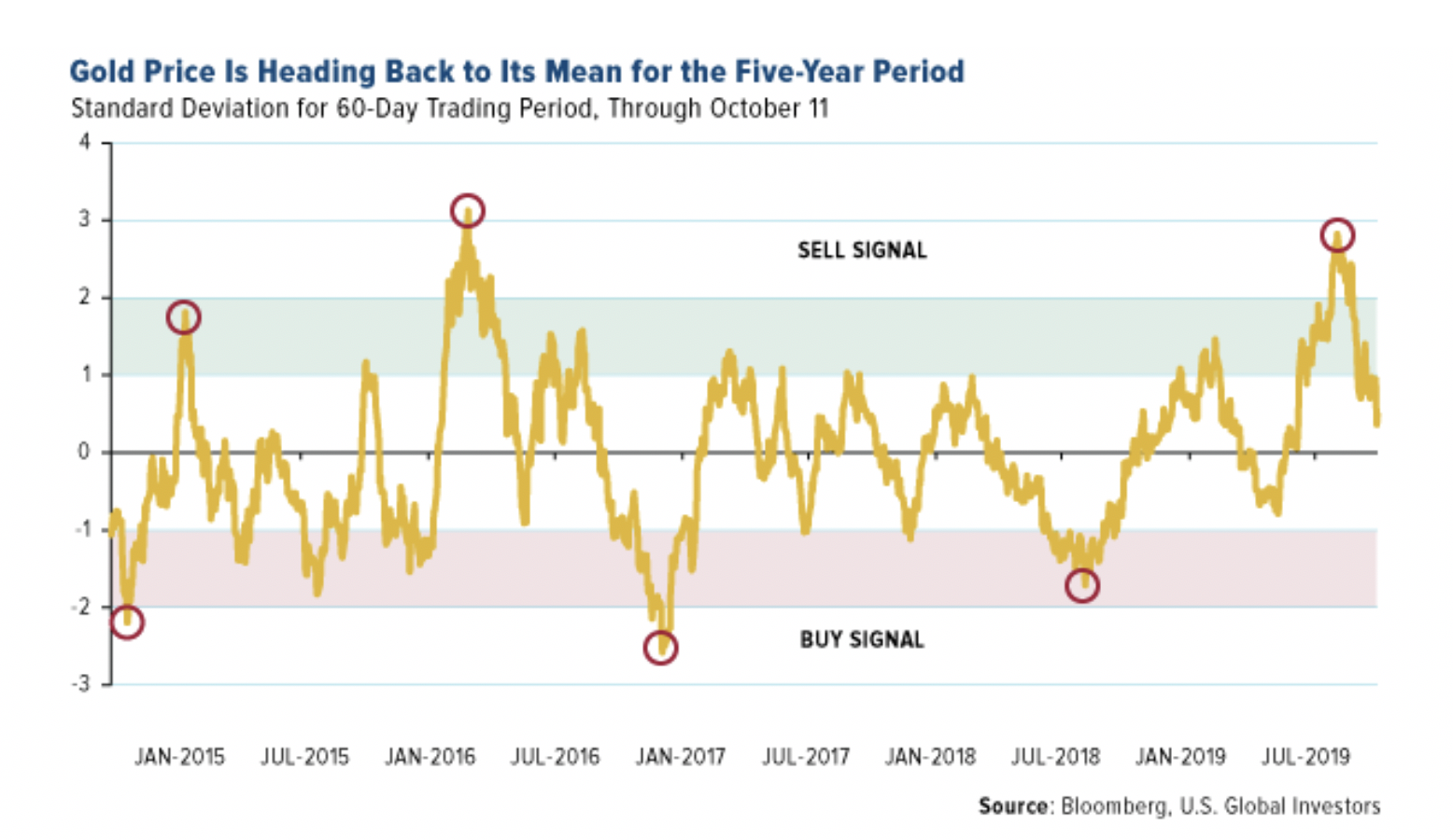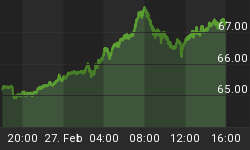“Travel,” Mahatma Gandhi once said, “is the language of peace.”
If that’s the case—and I happen to believe that it is—then I’m extremely bullish about the future, especially with respect to U.S.-China relations. The trade war’s days may be numbered as both sides of the skirmish reached a partial agreement last Friday, laying the groundwork for Presidents Donald Trump and Xi Jinping to sign a trade deal later this year.

(Click to enlarge)
Tourism has traditionally helped peace and understanding spread across borders, and I’m hopeful that it will do the same today. It’s also good for commerce, especially for airlines and the travel industry in general.
It’s Airline Earnings Season. Are You Participating?
Delta Air Lines, in particular, had a phenomenal third quarter as we head into the fourth, and historically most profitable, quarter. The carrier reported the best sales in company history as well as impressive earnings per share of $2.32, a 29 percent increase over the same period last year. CNBC reports that Delta is hiring as many as 12,000 new employees—including pilots, flight attendants and ground staff—through 2020 to meet surging demand.
Supporting this growth are rising ancillary fees. Those are the non-ticket fees and upgrades you may end up having to pay when you fly, for everything from meals to preferred seating to credit cards. Delta recently inked a new deal with American Express, which is forecast to generate a mind-boggling $7 billion in revenue for the carrier by 2023, up from $3 billion today.
But Delta’s not the only one that’s joined the party. In the chart below, you can see a comparison of the amount of ancillary fees select U.S. airlines collected in 2018, on a per-passenger basis, with what they collected a decade earlier. Low-cost carrier Frontier saw an unbelievable 1,187 percent jump in such fees, while Spirit topped the list with an average $50.94 per passenger.

(Click to enlarge)
If you’re not participating, now might be a good entry point. The busy Thanksgiving and Christmas travel seasons are fast approaching, and according to recent analysis by the Wall Street Journal, the fourth quarter has typically seen the highest returns, with shares rising 8 percent on average every period going back to 1990.
Time to Buy the Gold Dip?
I’m excited to see what’s in store for gold, which is headed back to its mean after its price was up nearly three standard deviations in August. As CLSA analysts said recently, these price dips look like attractive buying opportunities “in anticipating of a resumption of the initial base breakout.”

(Click to enlarge)
Last week our office was visited by the legendary economist Nancy Lazar, co-founder of Cornerstone Macro, who commented that the growing mountain of global debt, not to mention the proliferation of low to negative-yielding debt, makes the yellow metal very attractive right now.
I agree and stick by my call for $10,000 an ounce gold. Some critics believe only a major event, such as a war or famine, would be enough to push the metal up that high, but really all it takes is monetary and fiscal mismanagement. That’s exactly what we’re seeing right now in Europe, where growth is slowing because of business-killing regulations. But instead of getting rid of these rules, interest rates have been allowed to dip below zero. In Denmark, banks are actually paying borrowers to take out a mortgage, which is contributing to what Nancy sees as a European housing bubble.
Conditions aren’t much better in the U.S.—or at least they weren’t until President Trump began rolling back unnecessary regulations.
According to Steve Forbes, there are 773,000 words in the Bible, which sounds like a lot until you learn that there are around 10 million words in the federal income tax code. Similarly, there are more than 185,000 pages in the Federal Register of rules and regulations. That’s up 17 percent from 158,000 pages in 2008. But in 2018, the number of pages actually fell almost 1,000 pages, or 0.5 percent, meaning Trump is keeping his word.
By Frank Holmes
















